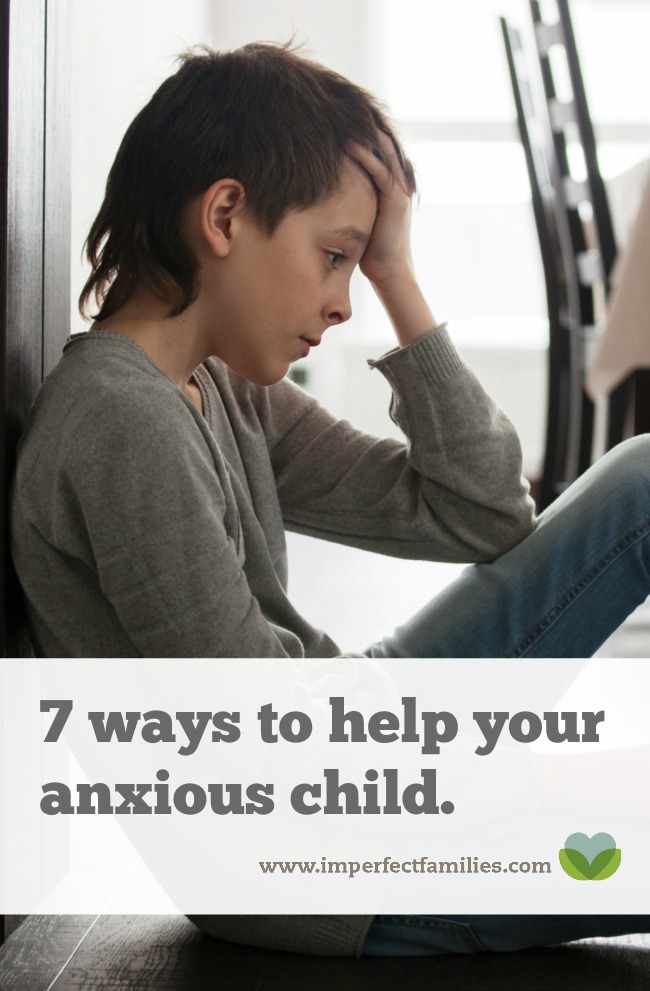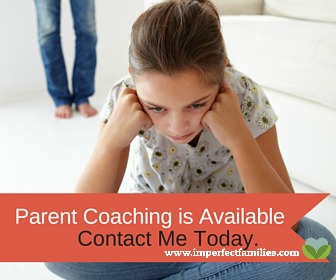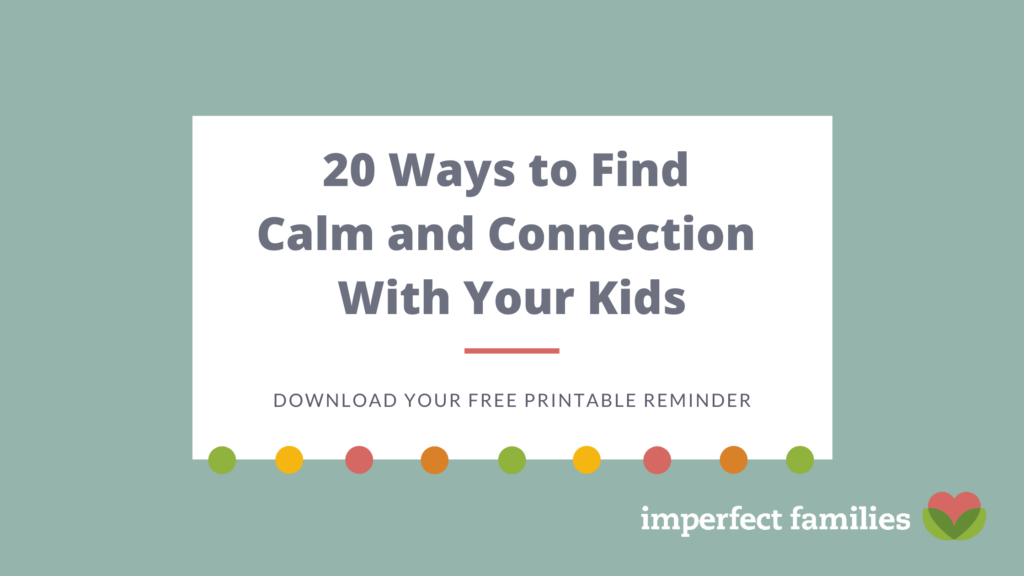
Once again, your child is refusing to go to bed because there might be a spider in their room.
You’ve checked every corner of the room – no spiders.
You’ve reassured him that there probably won’t be a spider.
Finally, you run out of options and allow him to sleep in your bed, again.
You want this cycle to change, but you are not sure what to do next.
Here are 7 tips to help your child overcome anxiety.
- Empathize – Let your child know that you hear what they are saying, for example, “This is really hard for you right now.” If your child had the ability to stop worrying or feel less anxious, they would do it. Realize that this is the best they can do right now and they need your support.
- Give the fear a name – When your child is afraid, their brain sends a message that it’s time to panic. These messages may be true or false. Create a word or name to describe this mixed-up message: “worry brain,” “worry bug,” “Fear-a-saurous Rex,” or simply “anxiety.
- It’s ok to talk back (to worry) – Now that you have it named, teach your child to address it directly when he feels anxious. It’s ok to be really bossy! “That’s enough, worry brain! Stop telling me that I should be scared of burglars. My mom is here to keep me safe.”
- Calm Down – Fear is more than an emotion, it can be a whole body experience. Teaching your child to take a few deep breaths, visualize a special place or tense and relax muscles is a huge key to feeling calm. Ideally, your child should learn these techniques before they feel anxious.
- Get Busy – Instead of looking for solutions to the problem right away, ask your child, “What do you want to do instead of worry?” It could be play outside, crumple paper, or read a book. Focusing on an alternative gives your child a sense of power, and also interrupts the anxious thoughts.
- Encourage – Overcoming anxiety is not an easy task. Give your child some feedback, “You are working so hard!” or “Way to talk back to that worry!” Each time you allow your child to feel anxious and try these skills; they are one step closer to their goal.
- Get professional help – Anxiety is sneaky. It causes us to overestimate the risks and underestimate our ability to cope. As a parent, is it exceptionally difficult to watch a child suffer from worry or fear. If you are unsure how to help your child, or if you feel that your own anxiety is getting in the way, contact a Professional Mental Health Counselor.
This information is adapted from my favorite book on anxiety: Freeing Your Child From Anxiety: Powerful, Practical Solutions to Overcome Fears, Worries and Phobias, by Tamar E. Chansky.




Comments have been turned off to retain the privacy of all families. If you have a question or comment on the topic, you're always welcome to contact me.